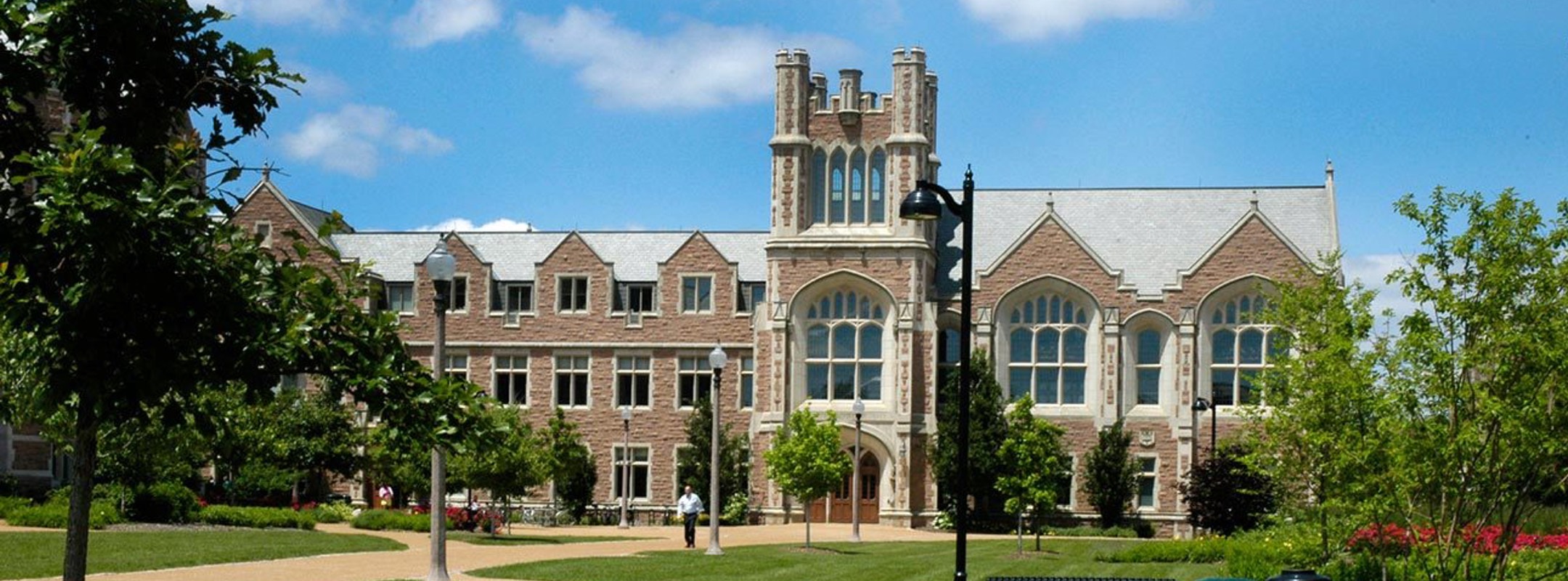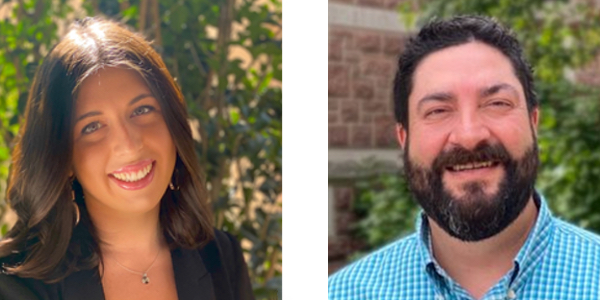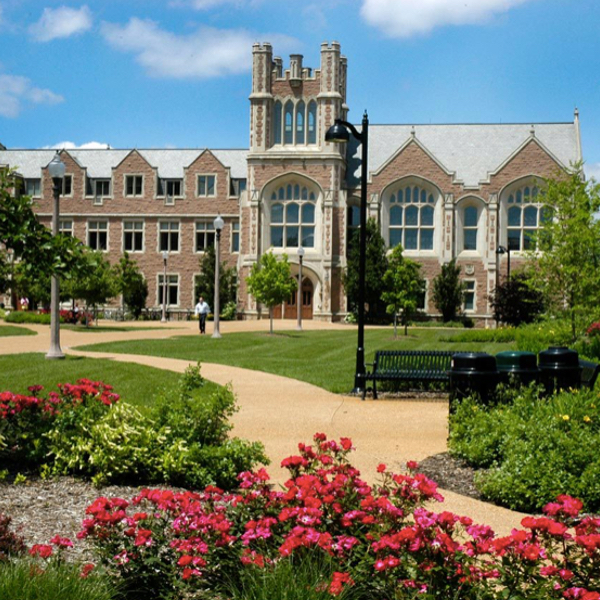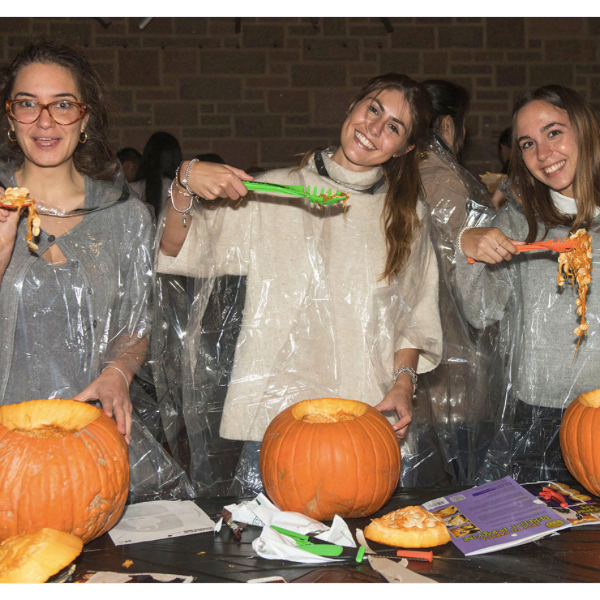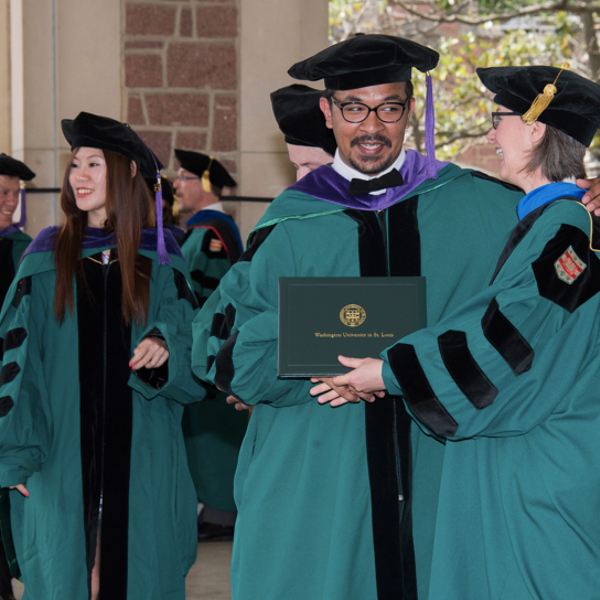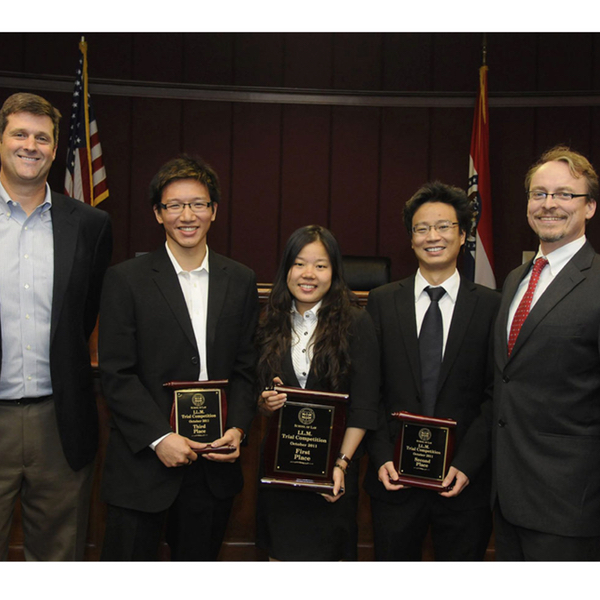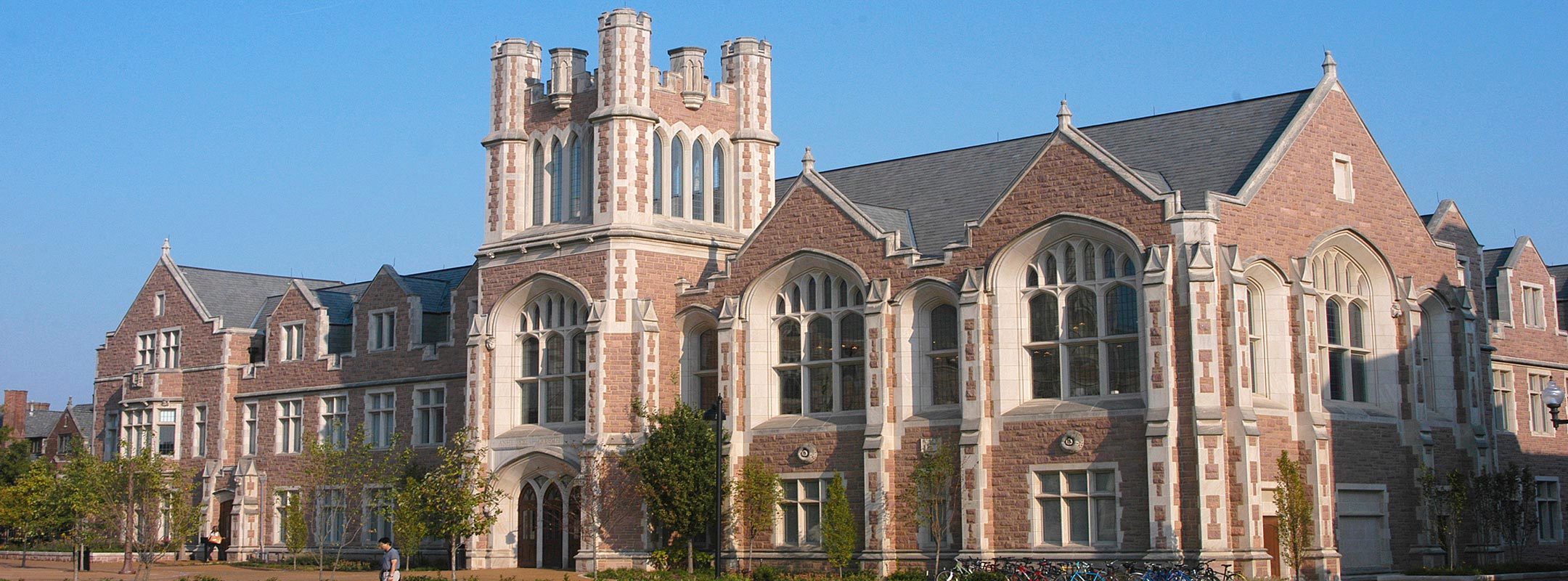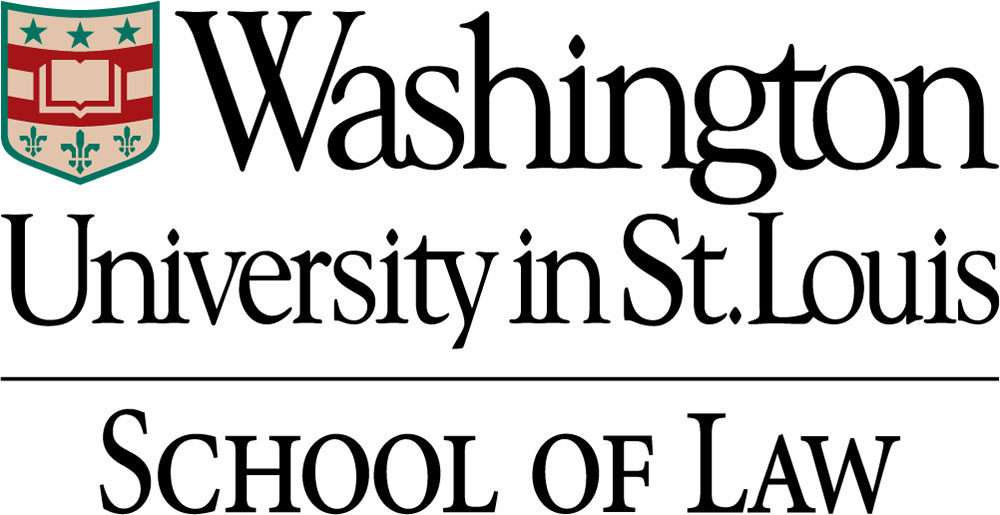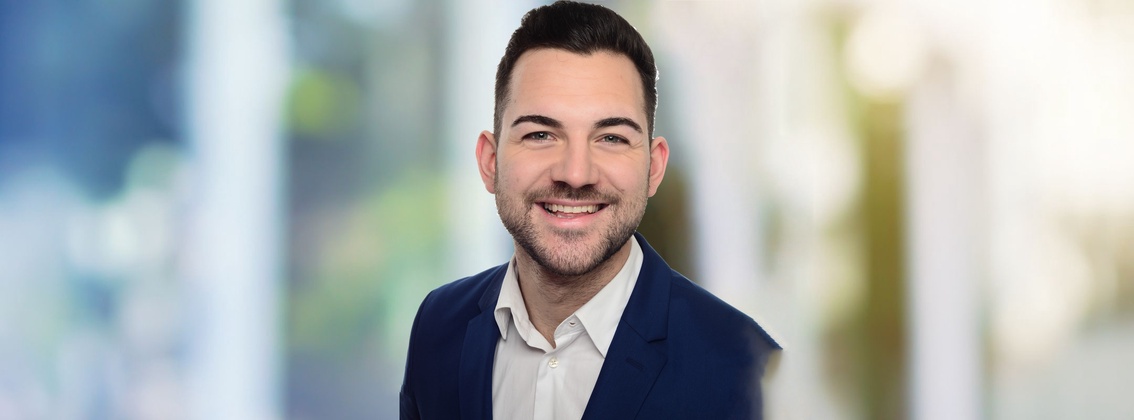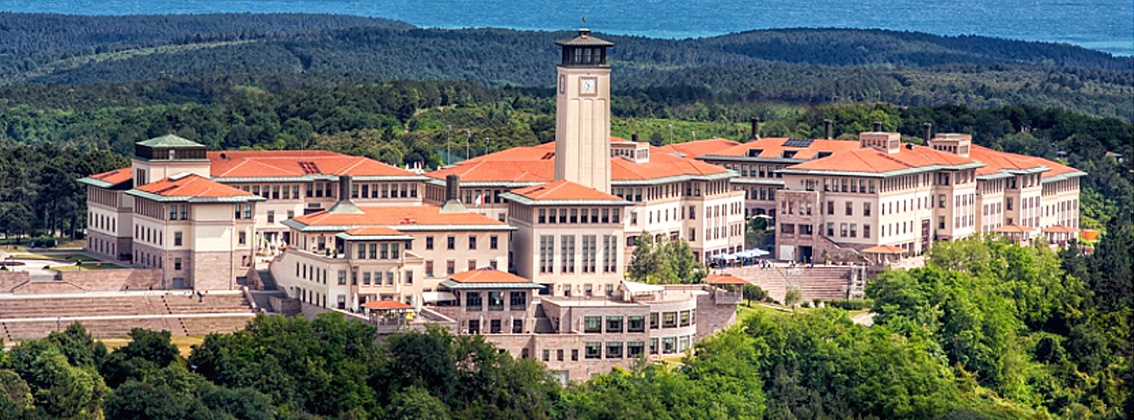What is expected of applicants who want to study at Washington University School of Law and what is the biggest challenge for foreign students according to you?
Prof. Del Valle: We consider every single applicant, regarding of objective criteria that may be the only one taken into account on other application processes. We care about a student’s history, ability, and willingness.
In the application process we always strive to learn about our applicants, not to discard them but rather to know them and determine whether our programs are fit to fulfill their goals.
Our application, which by the way is free, allows us to advise applicants on ways to strengthen their skills before starting their program. Such personal contact and interest is aimed at guiding our international applicants in the difficult decision of defining the next step in their lives.
Challenges for every single applicant to a program in the United States start with language, following a different legal system, different teaching method, culture, feeling welcomed, and of course, investment. Enrolling a program that cares about your English skills level, not to reject you but to help you increase it, trains you in the expectancies of the educational system, is highly diverse, and considers each applicant’s financial situation, is what will make the difference and what makes me proud of expressing that WashULaw will provide with solutions for all of those issues.
International students take 90% of their classes with American peers from the J.D. programs. How does this influence the intellectual and cultural atmosphere and are there other programs for international students outside of the class?
Prof. Del Valle: This is one of the reasons why I chose WashULaw as a student. If you think of an independent program for international students, that is, no contact with JD students, then you will end up with a narrower offer in courses, different professors, an academic content created just for international students, and in the end, lower academic quality that will be unfair not only with your efforts and investment, but also known by potential employers.
At WashULaw, the possibility of truly being a part of what the law school has to offer, allows you to plan your path according to your interests, choose from multiple courses, learning from top-U.S. faculty, and building networking and relationship with U.S. students. This is not a feature to fear of but is rather an amazing benefit that will shape a student’s future.
Ms. Prati, you were also a Member of the Representation in Mediation (RIM) Team and the Finalist of the Client Counseling Competition. Could you please describe these activities closer and how were these able to help you in your further career?
Elettra Prati: The Client Counseling Competition is an internal university competition among law students that is designed to evaluate the team's ability to secure effective counseling for a client in a needy situation. The Representation in Mediation Competition in a national competition among law schools which assesses the team's ability to conduct an effective, useful, and collaborative mediation with counterparts (the other team).
I was able to join the team and make it to the finals of both the competitions and these experiences have been a huge takeaway for me and my future career development. Through the intensive training for the RIM competition I have acquired a number of practical skills and mediation techniques that will surely be useful to me in the long term, but which already this year have proven to be fundamental in enabling me to be selected in the mediation team of the University of Trento and participate in the 16th ICC Mediation Competition in Paris.
